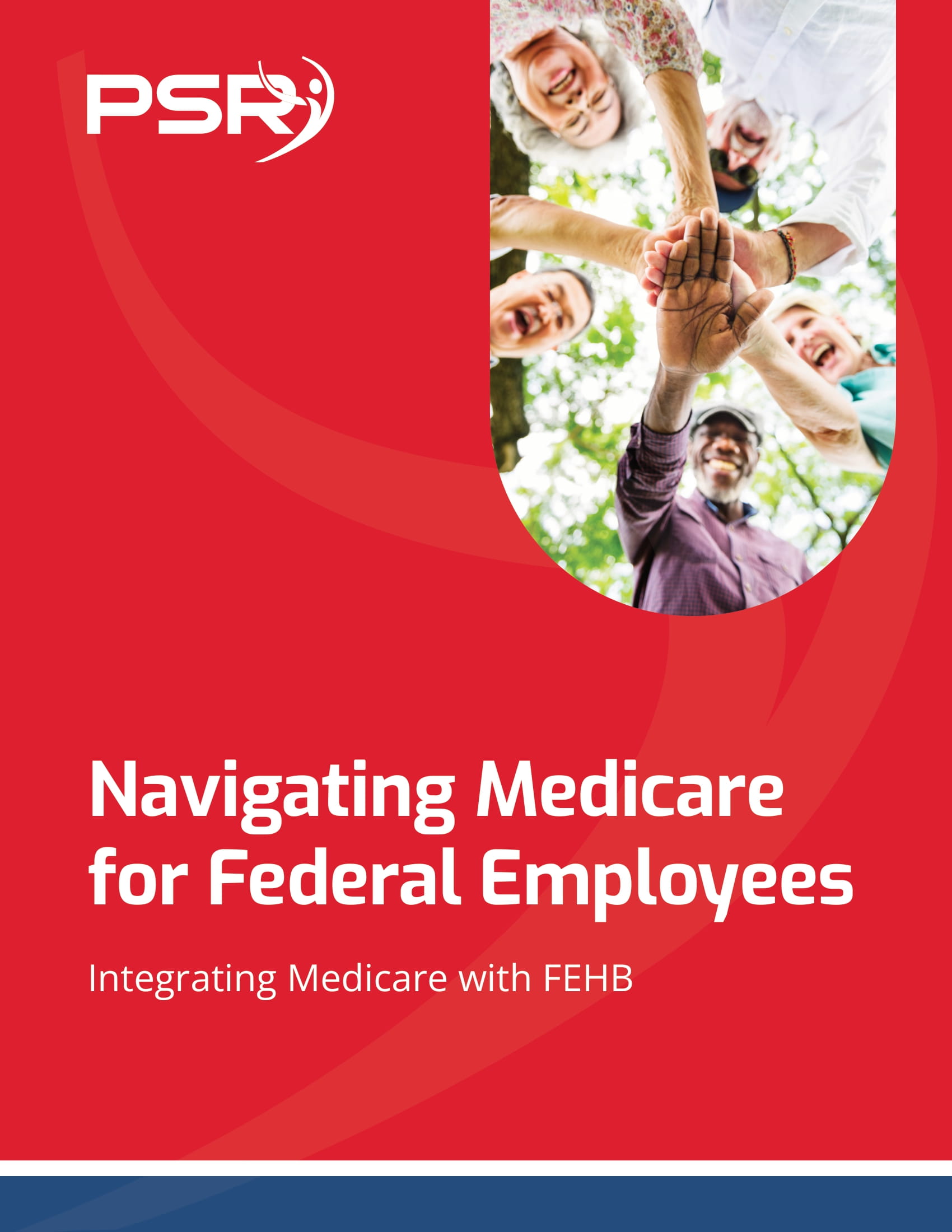Key Takeaways:
- Maximize Your Retirement Options: Retiring early as a federal employee is possible, but timing it right and understanding your benefits is crucial to avoid costly penalties.
- Strategic Planning Pays Off: Balancing your financial needs with your lifestyle goals can help you retire early without major sacrifices. The right combination of FERS, Social Security, and savings is key.
Are You Really Ready for Early Retirement?
- Also Read: Divorce and Your Federal Pension—What Happens When You Split Assets and How It Could Affect Your TSP
- Also Read: What Happens to Your Federal Benefits After Divorce? Here’s the Lowdown
- Also Read: The Best FEHB Plans for 2025: Which One Fits Your Lifestyle and Budget the Best?
Let’s dive into how you can prepare for early retirement as a federal employee without losing too much in the process.
Know Your Retirement System
Before anything else, it’s important to know what retirement system you fall under. Most federal employees are under the Federal Employees Retirement System (FERS), which is a bit different from the older Civil Service Retirement System (CSRS). FERS offers a combination of a basic annuity, Social Security, and your Thrift Savings Plan (TSP). Knowing the rules and how these pieces work together will help you make smarter decisions about retiring early.
For instance, in FERS, you can retire with full benefits at your MRA if you’ve put in 30 years of service. If you’re short on time or want to leave earlier, you can take the MRA+10 option, which allows you to retire as early as 10 years before hitting the full 30-year mark. The catch? Your annuity is reduced for each year you fall short of the magic 30 years, so it’s important to weigh that decision carefully.
Timing is Everything: Your MRA and Years of Service
Your MRA depends on when you were born, but it generally falls between 55 and 57 years old. Reaching your MRA doesn’t mean you’re automatically ready for retirement, though. It simply marks the age when you’re first eligible to retire under FERS with at least 10 years of service. The key to early retirement success is combining your years of service with the best possible timeline.
Let’s say you’re thinking about retiring at your MRA but you’re far from hitting 30 years of service. That’s when the MRA+10 option comes into play, but remember, you’ll face a 5% reduction in your annuity for each year you’re under age 62. If you’re 57 with 20 years of service, that’s a 25% cut in your pension—not exactly a small hit! However, you can defer your annuity to reduce or even eliminate the penalty, so you have some flexibility.
Thrift Savings Plan (TSP): Your Best Friend in Early Retirement
The TSP is one of the most valuable tools you have for funding your early retirement. Unlike your FERS annuity or Social Security, you have more control over how and when to use your TSP. Since your FERS annuity may not be enough to fully support you in early retirement, building up your TSP is crucial.
Make sure you’re contributing as much as you can, especially if you’re nearing the end of your career. Once you hit age 50, you’re eligible for catch-up contributions, which allow you to sock away even more. Don’t forget that your agency matches your contributions up to 5%—it’s free money, so take advantage of it.
If you plan to retire before 59½, the IRS usually hits you with a 10% penalty for early withdrawals from your TSP, but federal employees have an advantage here. Thanks to the “age 55 rule,” you can avoid this penalty if you separate from service in the year you turn 55 or later.
Don’t Overlook Your Social Security
Social Security benefits are another critical piece of the puzzle for early retirees. However, claiming your benefits too early can significantly reduce your monthly payments. While you can start claiming Social Security as early as age 62, waiting until your full retirement age (FRA) gives you the full benefit.
Here’s the catch: the FERS Special Retirement Supplement (SRS) helps bridge the gap between your retirement date and when you become eligible for Social Security. The SRS is available to FERS retirees who retire before age 62, as long as they meet specific age and service requirements. This supplement can help ease the financial burden, but be aware that it stops once you turn 62, and it may be subject to an earnings test if you keep working after retirement.
Watch Out for Health Insurance Costs
One of the biggest mistakes early retirees make is not factoring in healthcare costs. If you retire before age 65, you’ll need to continue your Federal Employees Health Benefits (FEHB) coverage or find alternative insurance until you qualify for Medicare. Luckily, federal retirees can keep their FEHB coverage, but you’ll still be responsible for paying premiums, and those can add up quickly.
The trick is to keep your FEHB coverage in place, so you can coordinate it with Medicare once you hit 65. By that time, your health insurance costs should go down, but the years between early retirement and Medicare eligibility can be expensive.
Can You Afford the Lifestyle You Want?
Retirement isn’t just about having enough money to pay the bills; it’s also about maintaining the lifestyle you want. Take a close look at your expected retirement income and compare it to your current spending. Will you need to downsize your home? Will travel plans be on hold? A big part of early retirement success is making sure you can continue enjoying life without burning through your savings too quickly.
A solid financial plan is key here. Consider speaking with a financial advisor who specializes in federal retirement to help you run the numbers and project your future cash flow.
The Importance of Planning Ahead
If retiring early as a federal employee is your goal, the best advice I can give is to start planning well in advance. Take the time to understand how your FERS benefits, TSP, and Social Security fit together, and map out when you can realistically leave without sacrificing too much. Every year of additional service adds to your annuity and boosts your TSP, so it’s worth holding out if you can.
Additionally, look into how much you’ll need to cover healthcare and how to time your Social Security claims. With the right approach, you can turn your early retirement dream into reality—without the financial nightmares.
Retiring Early Doesn’t Mean Sacrificing Everything
Retiring early as a fed doesn’t have to mean taking a huge financial hit. With careful planning, you can minimize the downsides and make the most of your FERS pension, TSP savings, and Social Security benefits. Balancing your timeline with the costs involved will help ensure that you’re financially secure in your post-career years.













